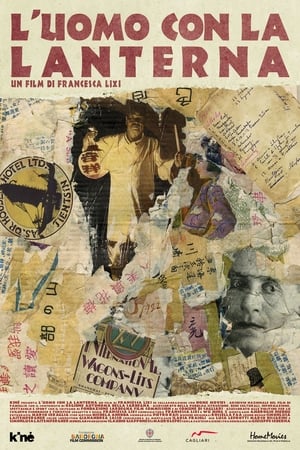
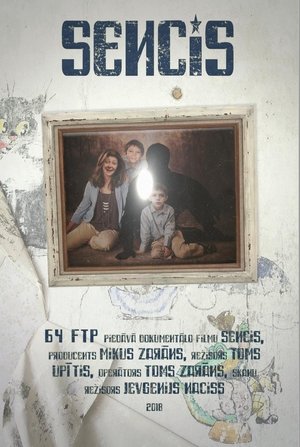
Sencis: Old Man(2018)
A documentary that chronicles twin brothers searching for their absent father in faraway Russia. Having very few leads, the twin brothers – different in character and interests – are also looking for the ties that have never bound them as closely as they would have liked.
Movie: Sencis: Old Man
Top 2 Billed Cast
Brother 1
Brother 2

Sencis
HomePage
Overview
A documentary that chronicles twin brothers searching for their absent father in faraway Russia. Having very few leads, the twin brothers – different in character and interests – are also looking for the ties that have never bound them as closely as they would have liked.
Release Date
2018-11-12
Average
0
Rating:
0.0 startsTagline
Genres
Languages:
LatviešuPусскийKeywords
Similar Movies
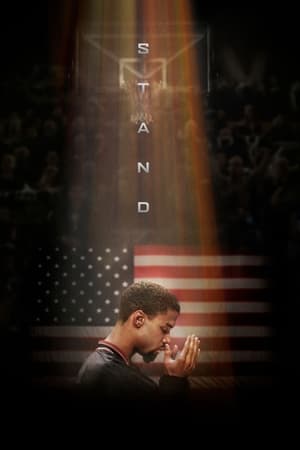 8.0
8.0Stand(en)
Raw and unflinching examination of the courageous life of basketball star and social justice activist Mahmoud Abdul-Rauf. Born Chris Jackson, he overcame tremendous adversity to reach the NBA and found his true calling when he converted to Islam. His decision not to stand for the national anthem, however, turned him from prodigy to pariah. Told candidly by Abdul-Rauf himself more than 20 years later it’s the remarkable story of one man who kept the faith and paved the way for a social justice movement.
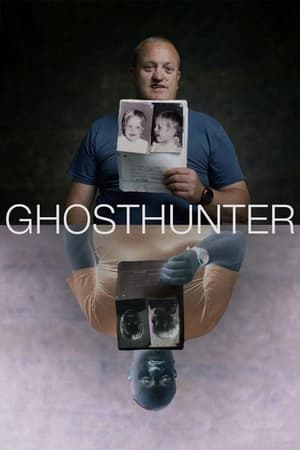 0.0
0.0Ghosthunter(en)
In Sydney, Australia, Jason King, a security guard and a part-time ghost hunter, has spent decades searching for his absent father. When this personal endeavor crosses paths with a police investigation, an unspeakable family secret comes to light.
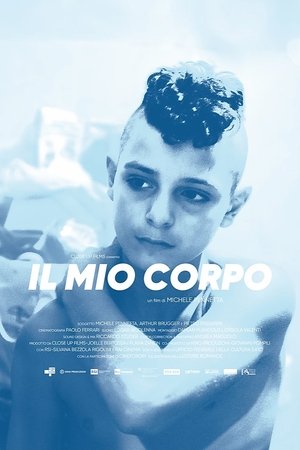 6.0
6.0My Body(it)
Oscar, not quite a child anymore, scavenges for scrap metal for his father. He spends his life in improvised landfills among what remains of leftovers. Worlds apart, yet close-by, there is Stanley. He tidies the church in exchange for a monetised hospitality, picks fruits, herds sheep: anything that keep his foreign body busy. Oscar, the young Sicilian, and Stanley the Nigerian don’t seem to have much in common. Except for the feeling of being thrown into the world, to suffer the same refusal, the same overwhelming wave of choices imposed on them by others.
Nos hommes dans l'Ouest(fr)
A different perspective on the exile and social impact of major projects such as oil sands mining in Alberta, Canada. These large-scale projects, based on economic growth, also have human costs that change the cultural face of the regions on a small or large scale. Over a six-month period, three families from the Acadian Peninsula in New Brunswick opened their doors and hearts to director Renée Blanchar and her team. A film about exile, choice of life, values, but especially absence; absence being probably the highest price to pay for each member of these families.
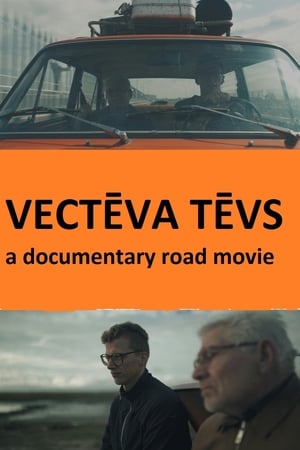 0.0
0.0Grandfather's Father(lv)
In this film a young man and his curmudgeonly grandfather are going 1,800 km to northern Russia in an old Zhiguli car, hoping to find the grave of their great-grandfather, who was deported. The grandfather Andris is sceptic over the lofty quest, initiated by his grand-son, as it’s not known what awaits them at their destination. Andris thinks they won’t find anything and will come back to Latvia without ever learning what happened to his father. However ever-optimistic Kārlis wants to use the journey not only to find answers about the past but also become closer to his grandfather who raised him. They both lost their parents as children.
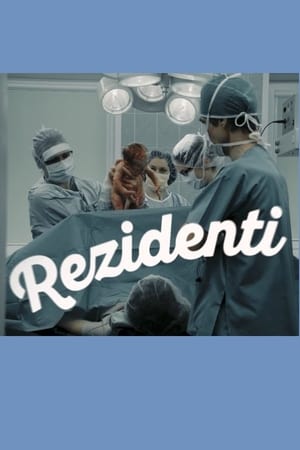 0.0
0.0Residents(lv)
The documentary “Residents” probes problems in Latvia in general and Latvia’s medicine in particular with the story of two energetic young interns, Kārlis and Laura.
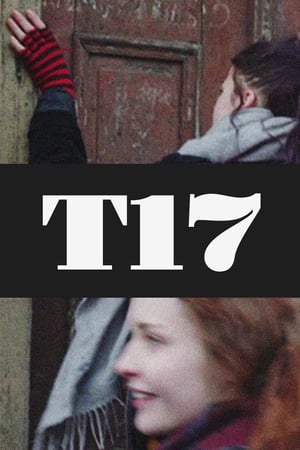 0.0
0.0Brīva vieta - Lastādija(lv)
Director Aija Bley's "Brīva Vieta - T17" captures the unique testimony of the modern era of Riga - the life of "antisquoters". The film tells about the daily life and dreams of the youth community and a mute fish, the so-called commune T17. The community lives in a non-landscaped building, so its occupation is a real challenge. The house is located under the paspārns of the association " Free Riga ", whose movement is based on a responsible attitude towards nature and the careful use of resources. Here, the community is motivated by the conviction that so few resources in everyday life should be consumed in the urban environment. The film follows the everyday life of the community members, who use their lifestyle to use the resources of nature, material, culture and time.
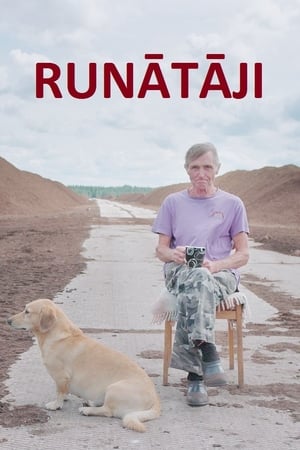 0.0
0.0Talkers(lv)
The three speakers represent two of the dialects, with the most common one - the middle dialect spoken in Riga and central parts of Latvia - not featured in the film. In intimate surroundings, a farmer, a schoolteacher, and a herder of ostriches talk about perceived differences between Latvian speakers, and about language policy and their lives.
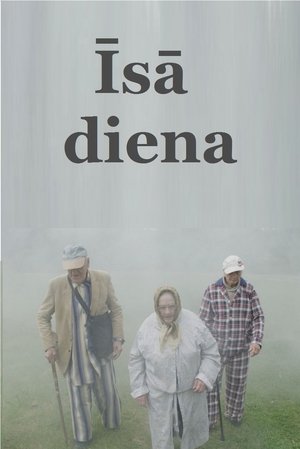 0.0
0.0Short Day(lv)
An ordinary old folks’ home on the Latvian border – one of many, where our parents, grand-parents and other relatives spend their old age. Theirs is the generation whose prime years co-existed with the Soviet Union, and who were promised: work, give all you can, and we’ll take care when you’re old. The system changed and the reality is different. How to live in this reality, accept the current rules, or live in the past and have regrets. We will touch upon their world, and the dreams and hopes of Vilnis, Imants, Alberts and Elizabete.
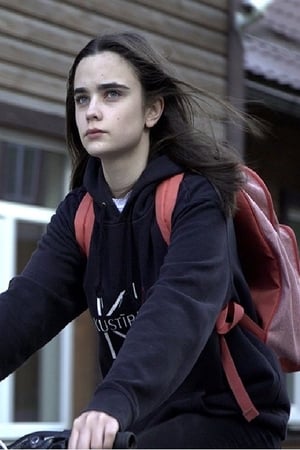 0.0
0.0To Be Beautiful(lv)
The documentary explores issues of beauty and acceptance in a culture increasingly saturated with idealised and unattainable ideals of femininity. It is a story about the world of young girls in today's Latvia, based on conversations about girls' attitudes towards the world and their place in it.
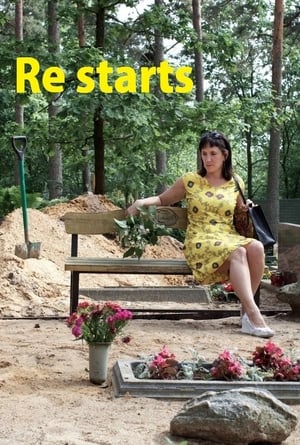 7.0
7.0Restart(lv)
The heroine is a widow and a fiancé who wants to begin a new and happy life. Conflicts in her family’s past prevent it, but she does not give up – she wants to clear away the ruins and do what she can. “Enough of looking for guilt, it’s time to find a solution,” she thinks, and takes action.
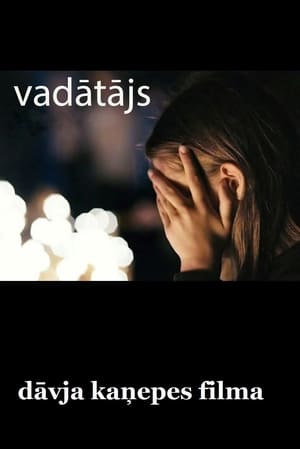 0.0
0.0Vadātājs(lv)
'Vadātājs' is an ancient Latvian mythological creature that leads people to Nowhere. As Latvia has been declared the most superstitious country in the EU, it is important to understand – what do we believe in? Three young filmmakers – a director, cinematographer and sound girl – question if Latvia is a lost country and if a Vadātājs has achieved enormous power by leading Latvian society into confusion. A search for a contemporary Vadātājs*, and the understanding of the origins of confusion within people in the 21st century.
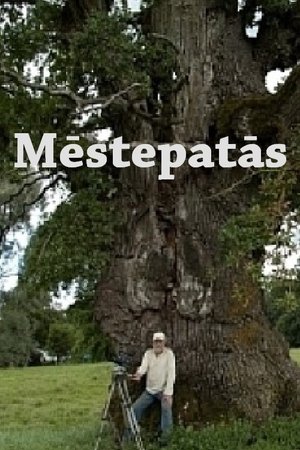 0.0
0.0We’re Still Here(lv)
The film portrays the political situation in occupied Latvia 37 years ago, when writer Imants Ziedonis formed a group of like-minded peers into ‘’Dižkoku atbrīvotāji’’ – DAGi. Film reels and photos of the time show Imants Ziedonis and the DAGi participants – Māra Zālīte, Anna Žīgure, Roze Stiebra, Andris Buiķis, Vitolds Kucins and others. Today, with their contemporary experiences, they reflect on a time when the dream of an independent Latvia seemed impossibly far away. We’re Still Here reminds the younger generations that it’s possible to do good in the name your nation and its future not matter the circumstances.
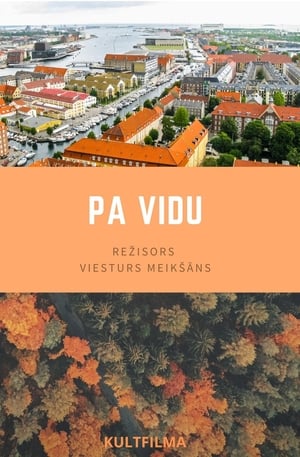 0.0
0.0In the Middle(lv)
A story of a Latvian family making tentative plans to return to Latvia. Ģirts, a doctor working in Denmark for nine years, receives an invitation to set up a professional practice back in Latvia – a welcome opportunity, as he would like to look after his parents better. But things aren't as simple as that, and his family is divided over the issue.
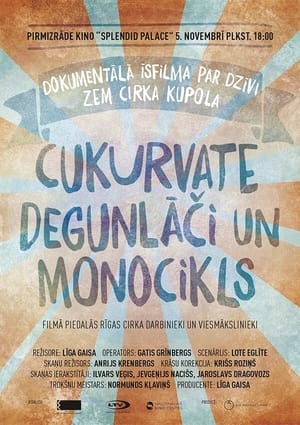 0.0
0.0Sugarcane, Coati and Monowheel(lv)
Nearly everybody has been to the circus to laugh about clowns, be afraid of the lions and to eat sugar cane. However, can anyone imagine that circus artists reside right there in the circus building - above the arena in the second floor hotel rooms - where they also prepare meals, do their laundry and try out their magic tricks? For over 125 years, despite the discomfort of non-renovated premises and ubiquitous animal odor, local and foreign circus artists follow their routine to create the circus miracle. Sugarcane, Coati and Monowheel is a film about those who dwell in Riga Circus and about what happens outside the arena before and after meeting audience under the circus dome.
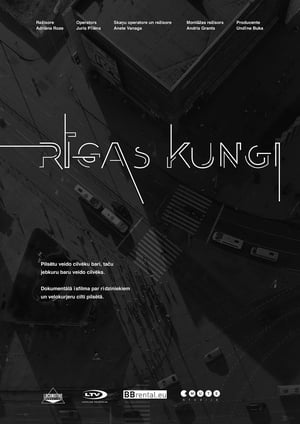 0.0
0.0Lords of Riga(lv)
Lords of Riga allows to see an insight into a passionate subculture of bike couriers. Weaving their way through the urban traffic, they have become silent and sometimes unnoticed witnesses of everyday life in Riga as well as examples of our modern-day society. What is freedom to this bunch of rebellious messengers and where it ends?
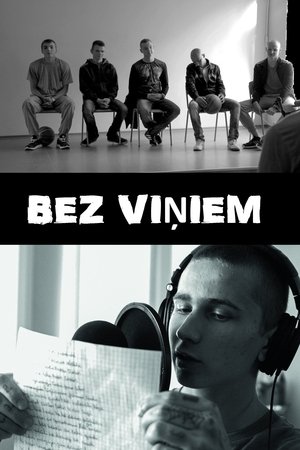 0.0
0.0Without Them(lv)
Six theater and hip hop teachers take on a five month challenge to show the Latvian public that young men behind bars are more than just that. While seeming impatient, full of disbelief and even rude at first, it turns out to be a superficial impression given off by their masks that must be kept on at all time as an underage colony is a difficult place to be. It has its own rules and it’s not easy being creative there. Teachers help inmates reveal the talents within them that help transcending the monotony of the prison walls.
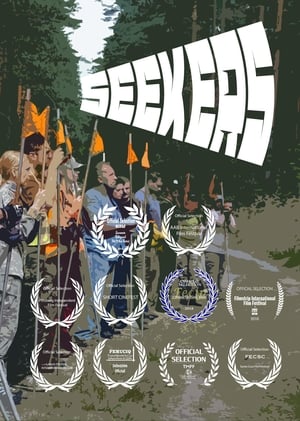 0.0
0.0Seekers(lv)
This film probes the activities of the bezvests.lv NGO that looks for missing persons and instructs others on how to find them. Since they started in 2009, they’ve helped find more than 90 people who had gone missing. It follows volunteers during training and on a search mission – theirs is a nerve-wracking task as in many cases they only locate the expired body of the missing person.
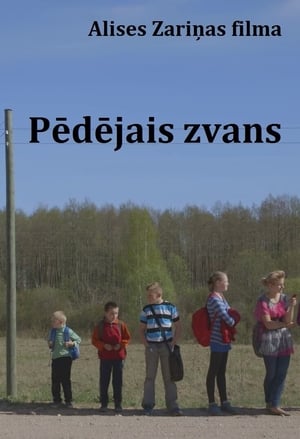 0.0
0.0The Last Day of School(lv)
After receiving an edict from the municipal authorities about the closing of their school, the students at Mežvidi primary school continue to attend lessons and exercise creativity and fun, but it’s all clouded in a sense of fatality. They aren’t many students, and because of that the school resembles a large family rather than an institution. Near the Russian border, deep in the Latgale region, this place will become a nowhere-land once the youth depart. In an intimate message about a national problem, the story focuses on three sisters for whom life is about to drastically change. Through their daily lives and small adventures we try to understand the real meaning of the contention that “the countryside is dying”. And we see hope.
